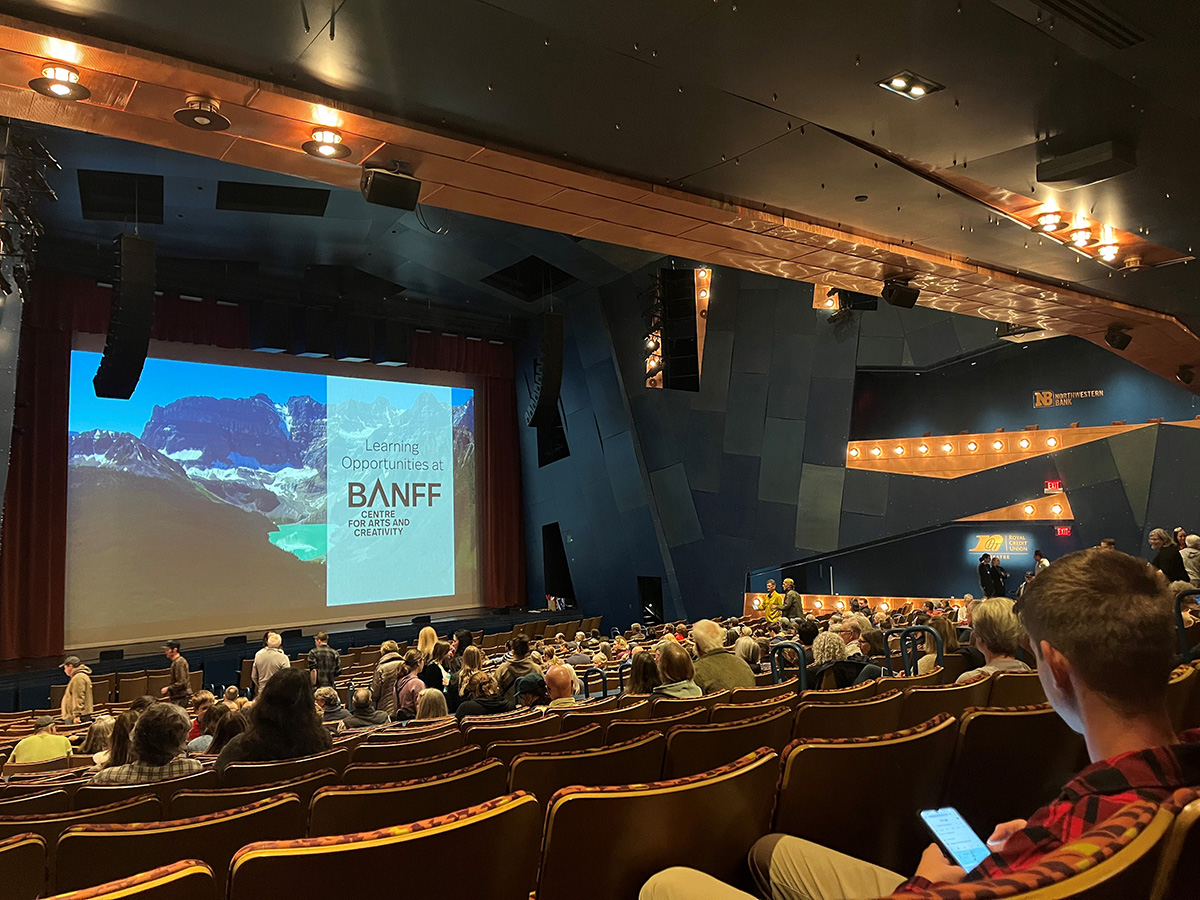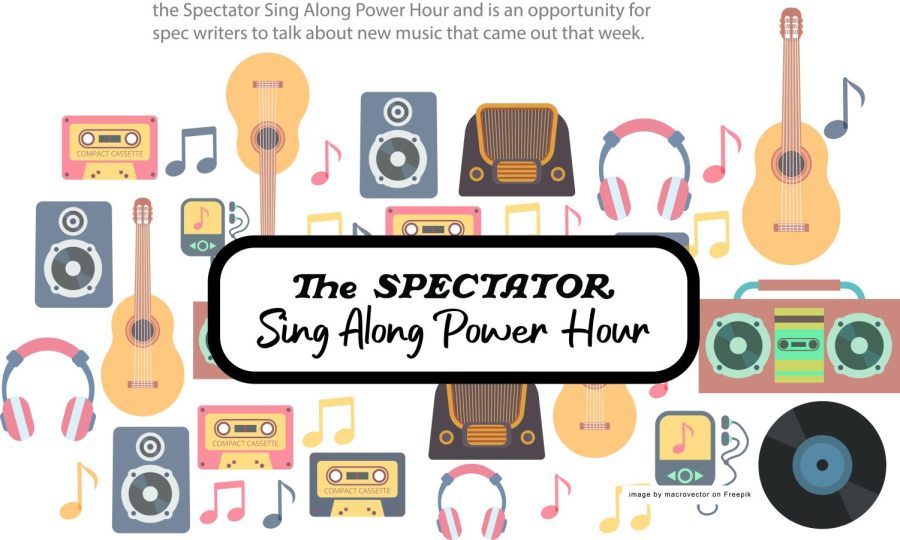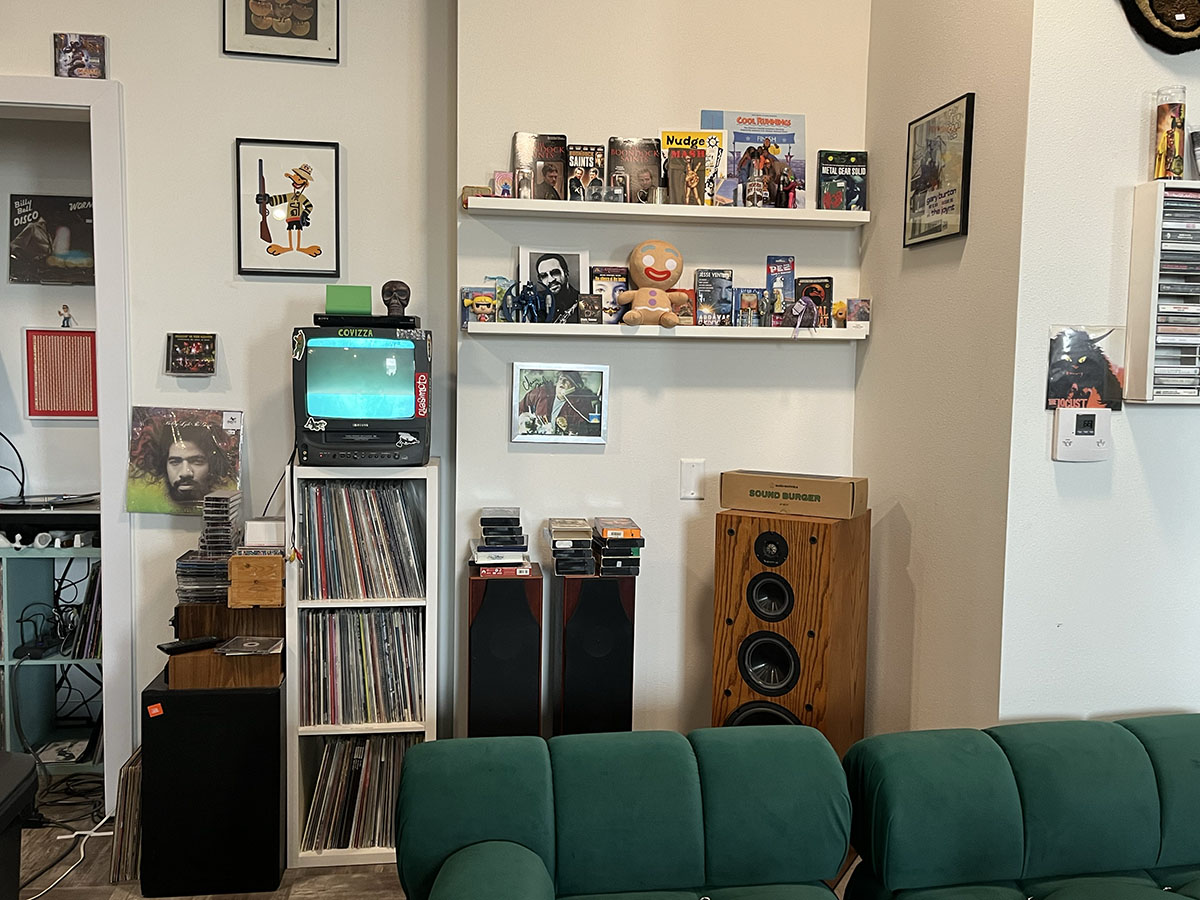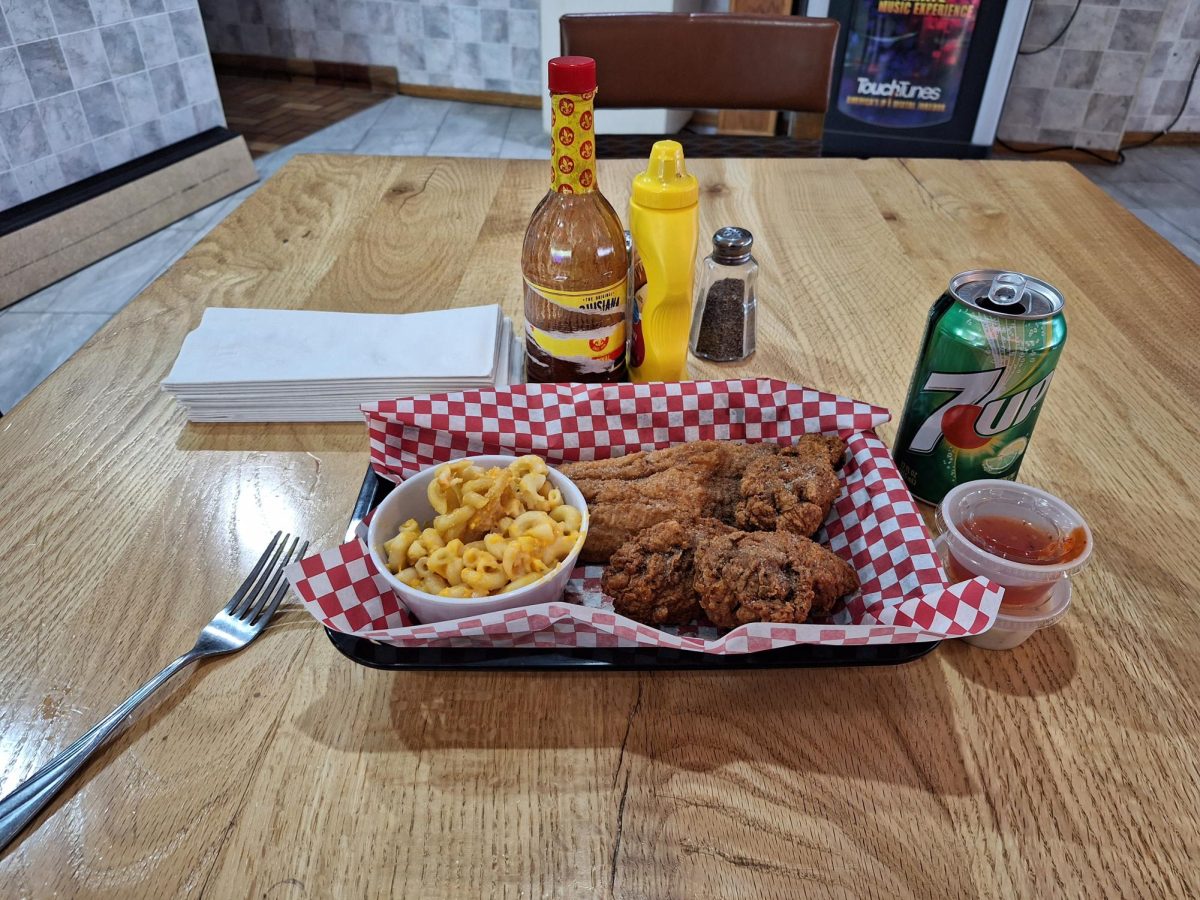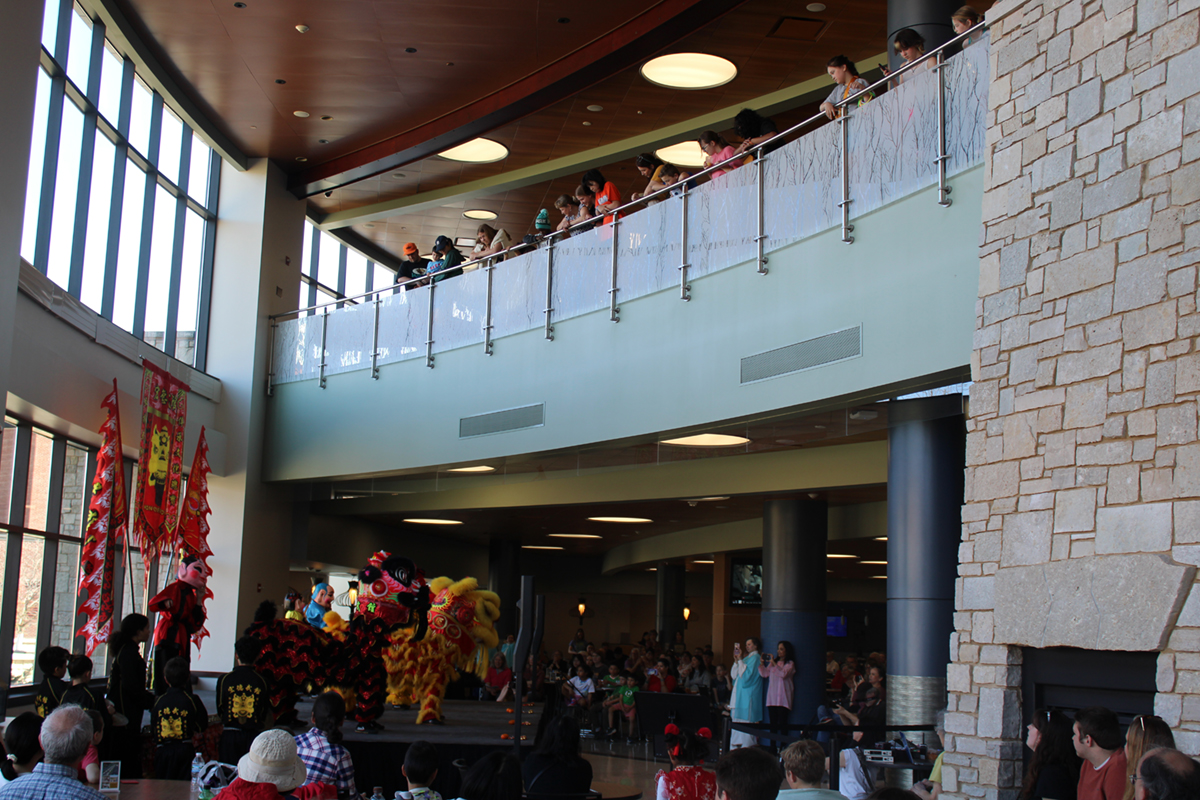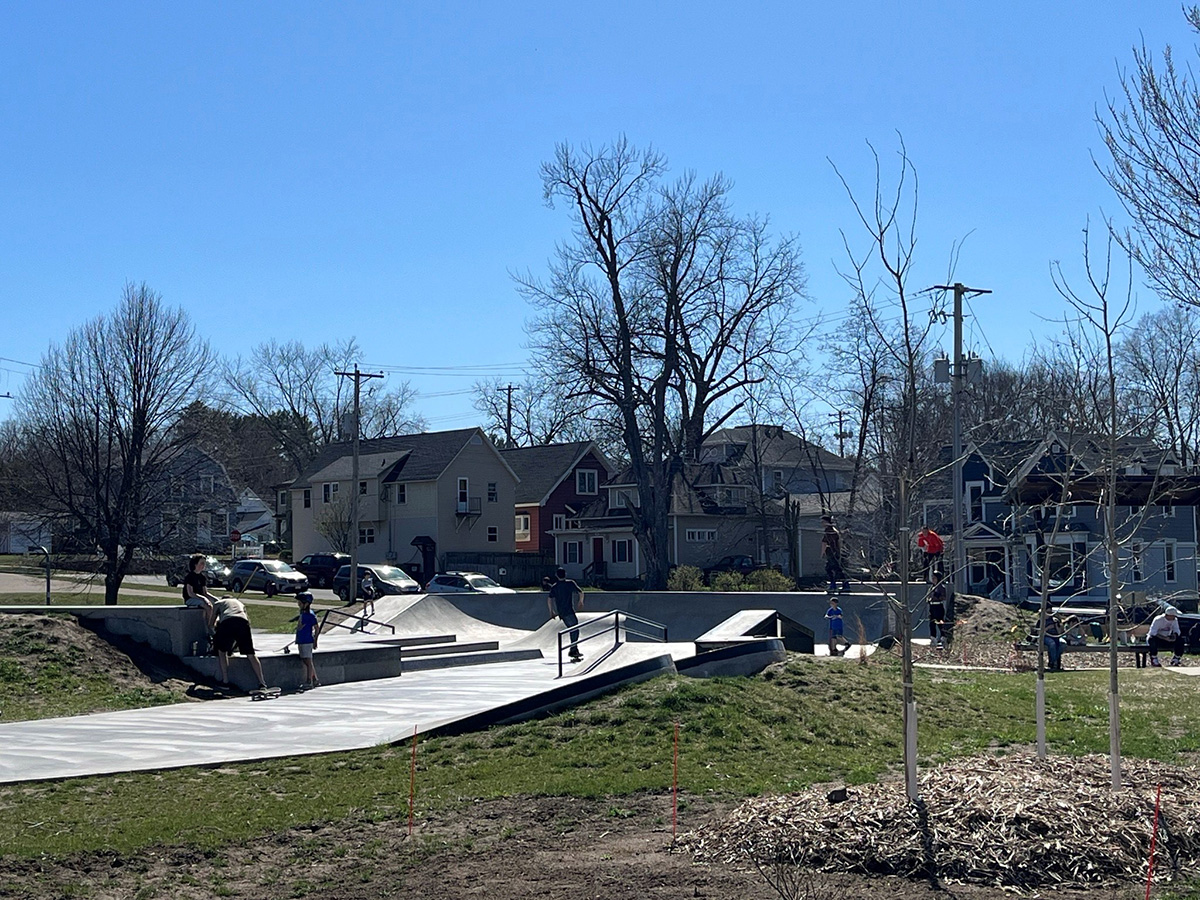 Kevin Gisi
Kevin GisiComing to college means new opportunities – both academically and socially – a million ways to improve and grow as an individual and, of course, meet new people. But sometimes, it’s up to the students to improve the university, and that’s what they’ve been doing when it comes to the LGBTQA (lesbian, gay, bisexual, transgender, questioning and ally) community on campus and around Eau Claire. They kicked off the semester with “Safe Space with Bass,” a LGBTQA event intended to create awareness and show students they’re not alone.
“It’s all about getting students connected and involved, while providing a safe space for those who need it,” said alumnus David Gardner, LGBTQA Program Coordinator with the Women and Gender Equity (WAGE) Center.
Saturday’s “Safe Space with Bass” was the first of many events intended to do just that. This semester, many LGBTQA groups on campus and throughout the community – including WAGE, the LGBT Community Center of the Chippewa Valley, College Democrats, College Feminists, Spectrum, University Counseling, Student Health Services, AIDS Resource Center of Wisconsin, the Residence Hall Association, Women’s Rugby Club and the Hobnailers – came together to host this event, complete with dancing, a bonfire, games and information. Hosted in the yard behind Sutherland Hall, students danced and mingled, proving that those who are in the LGBTQA community are definitely not alone.
“I remember when I came in as a freshman,” senior RA Tyler Thom said. Thom is an intern with AIDS Resource Center of Wisconsin. “I hoped college would be more open, but it was just like high school. At the time, there was only counseling services available to students; now there are a lot more outlets for students looking for support, and the climate is much more accepting.”
Creating a more open climate is something that the LGBTQA groups on campus have been working towards for some time now, and initiatives that were developed just last year are now coming to fruition, said Gardner. Of these are included Safe Space training, along with the new LGBTQA Advisory Committee, alumni fund and events.
While faculty previously used Safe Space training, run by WAGE and the Affirmative Action office, it has since been implemented to include RAs this semester.
Senior RA Tony Och, with help from the social work and education departments, coordinated the Safe Space training this semester.
“We wanted there to be more resources and visibility for people, especially incoming freshmen, who need it,” Och said.
Using the Gay, Lesbian and Straight Education Network, Safe Space training teaches RAs how to stop anti-LGBTQA bias, how to deal with coming out, as well as discussing issues such as heterosexism and adapting campuses to inclusiveness and acceptance, Och said.
Those who are Safe Space trained will have the opportunity to place a Safe Space sticker on their doors, showing people they are accessible and provide a non-judgmental environment for those who seek it. But Safe Space training may be available for people other than RAs in the future, Och said.
“We’d like to include Safe Space training into the curriculum for certain students as well,” Gardner said. “Programs such as nursing, education and social work would, I think, benefit greatly from this type of exposure.”
In the future, Safe Space training may also be made available to any student, regardless of his or her program, Och said.
“We’re looking into programs for anyone who wants to become more well-versed in LGBTQA issues and provide more in-depth training,” Och said. “It’s about education as well as awareness.”
Along with increased Safe Space training, a new LGTBQA advisory committee was created, established largely by Vice Chancellor Beth Hellwig.
“My son is gay, and after watching him grow up in a hurtful and close-minded campus, I was impressed with what the chancellor wanted to create here at Eau Claire,” Hellwig said. “There are already faculty and staff on campus who are role models in this community, but we’re working with the LGBTQA groups on campus to create an even more welcoming climate.”
With five meetings already under its belt, the advisory committee is working to create some new initiatives on campus to help foster an LGBTQA-friendly atmosphere.
“One of the things we’re working on is a Hate/Bias Response Team,” Hellwig said. “This would be a group of people trained and prepared to help people and be a resource for those who have been or are treated poorly or discriminated against.”
Though attitudes concerning the LGBTQA community have been changing for the better, these types of incidents are an unfortunate and realistic possibility, Hellwig said. But with more events such as “Safe Space with Bass” and increasing Safe Space training, she added, they will work towards educating non-LGBTQA community members, hopefully lessening or even ending this possibility.
“The more allies we have within the LGBTQA community, the better,” Thom said. Though many who are allies wouldn’t consider themselves as such, being an ally is a great step in creating harmony between LGBTQA students and straight students, he said.
“The biggest problem is that most people don’t know a whole lot about the LGBTQA community and approach it with certain preconceived notions or prejudices,” Och said. “If anyone has a question, find someone with a Safe Space sticker and get involved in the LGBTQA community. Being educated will solve half the problem.”

